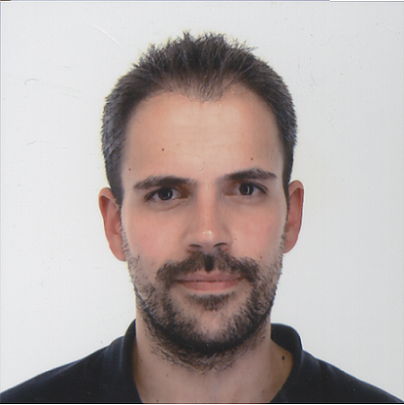Events Calendar
Abstract: Radiopharmaceutical treatments with α-particles represent a promising approach to treat some tumors and metastases. This modality leverages the short range of α-particles, up to tens of microns, to deliver radiation only to cancer cells while sparing the surrounding healthy tissue. To do so, an α-emitting radionuclide is bounded to an affinitive ligand which is used to target biomolecules expressed in tumoral cells. Currently, here are several clinical applications either approved, such as 223Ra for the treatment of bone metastases, or under investigation. Particularly, α-RPT could be used for the treatment of high-risk pediatric neuroblastoma, whose prognosis keeps poor. As the rationale behind radiopharmaceutical treatments is to exploit the differential amount of radiation imparted to tumors and healthy tissue, a rigorous determination of radiation dosimetry and effects is requested to develop this technique to their full extent. This talk presents the recently awarded K99/R00 proposal focused on this application and will explore both the research to be developed and practical aspects of this funding mechanism provided by the NIH, with special emphasis on the Early K99 version recently promoted by the NCI.

About the speaker: Dr. Alejandro Bertolet is a postdoctoral fellow at the Massachusetts General Hospital. He is currently supported by the NIH/NCI Pathway to Independence Award for Outstanding Early Stage Postdoctoral Researchers (K99/R00) to develop a project on the dosimetry of alpha-particle radiopharmaceutical therapy and transition towards a faculty position and independence. He has fundamentally worked on biophysical Monte Carlo (MC) simulations with high-LET radiations, mainly focused towards determining radiation dosimetry in radiopharmaceutical applications. He has been a postdoctoral researcher for more than a year under the mentorship of Dr. Harald Paganetti and Dr. Jan Schuemann. Previously, he spent two years in the Dr. Alejandro Carabe’s lab at the University of Pennsylvania, where he developed research in microdosimetry and its relation to radiation therapy biophysics, as well as implementations of analytical algorithm of dose and LET calculation for the clinical practice of proton radiotherapy.
